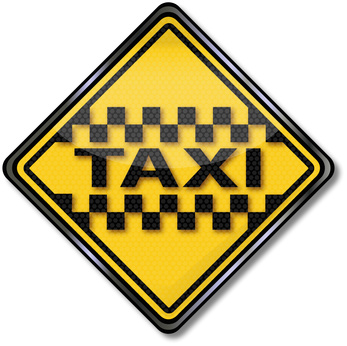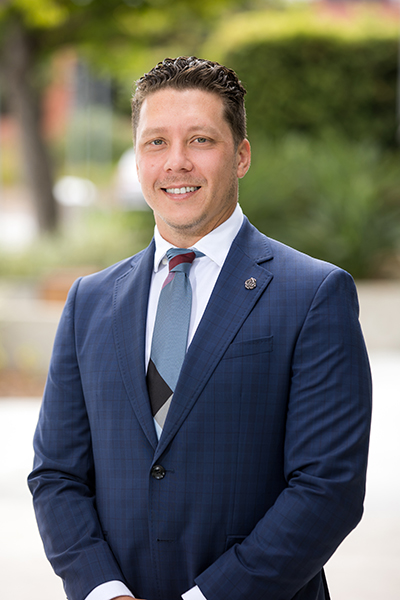
San Jose's Top-Rated Taxi Cab Accident Lawyers
Taxicabs are one of many public transportation options that simplify life in San Jose, and many of us rely on them to get from one place to another quickly and safely. Unfortunately, taxicab accidents can happen just like any other car accident. When they do, you need a skilled attorney who can help you deal with insurance companies, get the medical care you need, tackle all that unending paperwork and get a fair settlement.
This area of accident law is highly specialized, but our personal injury in San Jose, Calif., has the skill and experience upon which you can rely to get through the emotional, physical and financial challenges a taxicab collision and its aftermath can bring.
How a San Jose Personal Injury Can Fight for You
If you or someone you love has been injured as a result of a taxi accident, you may be entitled to compensation. Our San Jose taxicab accident attorney has extensive experience working with victims of car accidents and taxi accidents, and we will fight to help you achieve maximum compensation. We will work to negotiate a fair settlement to compensate you for your losses.
What Training Does a Taxi Driver Need?
In California, anyone with a valid California driver’s license can become a taxicab driver. There is no special state-required training to become a driver, but many municipalities and cities have specific requirements pertaining to training or licensing. Taxi companies may require further specialized training depending on their company policies.
In San Jose, drivers must be fluent in English and demonstrate detailed knowledge of both the streets of the city and its traffic laws. They must also comply with mandatory drug and alcohol testing. Additionally, San Jose requires taxicab companies to perform annual safety inspections.
Meet Our Attorneys
Our San Jose Law Firm is comprised of highly experienced personal injury attorneys. We are dedicated to providing top-tier representation for your personal injury claim. Contact us today for a complimentary consultation. We will review your case and provide you with a personalized evaluation of your claim.
FREE CASE EVALUATION
What Should I Do if I Have Been Involved in a Taxicab Accident?
Your health and safety are paramount. If you have been in a taxicab accident, get medical treatment as soon as possible. Even if you are not sure if you have been injured, a visit to a medical profession is essential. A doctor can identify and document any injuries, including those that are not immediately obvious. You also need to call the police and report the collision and file a police report either at the scene of the accident or at the police station.
Document as much information as you can, including:
Take pictures/ videos of the taxi cab accident
Take photographs of the scene of the accident, the vehicle or vehicles involved in the crash, your injuries, the involved drivers, and any identifying features of the cab or rideshare company, if possibl
Get Your FREE Case Review Today!
Click one of the buttons below to get in touch with an experienced personal injury lawyer.
Types of Taxicab Accidents
While most taxicab drivers are cautious with their vehicles and passengers and perform all necessary maintenance and follow the rules of the road, collisions can occur as a result of taxi drivers’ negligence, other drivers’ negligence or poor vehicle maintenance.
Common causes of taxi collisions include:
- Driving while fatigued
- Distracted driving
- Aggressive driving
- Speeding
- Careless or reckless driving
- Driving under the influence
- Brake or equipment failure
Common Taxicab Accident Injuries
Whether you were a passenger in the taxicab or an occupant of a vehicle that collided with a taxicab, you can suffer from a variety of injuries ranging from minor to severe and life-threatening. Typical taxicab accident injuries can include:
- Bruises and abrasions
- Fractures
- Lacerations
- Burns
- Head trauma and concussions
- Whiplash
- Spinal cord damage
- Organ damage and internal bleeding
- Amputations
Taxicab accident victims often suffer from emotional trauma and anxiety after a serious crash as well.
The injuries a car accident victim suffers can necessitate not just emergency care but also months of treatment, reconstructive surgery, prescription medication, physical therapy, rehabilitation and other care. Some people might need weeks or months of time off work while others may never be able to return to full-time work.
The total expenses associated with a single taxicab accident can be overwhelming. The costs can quickly wipe out a person’s savings and lead to mounting debt.




